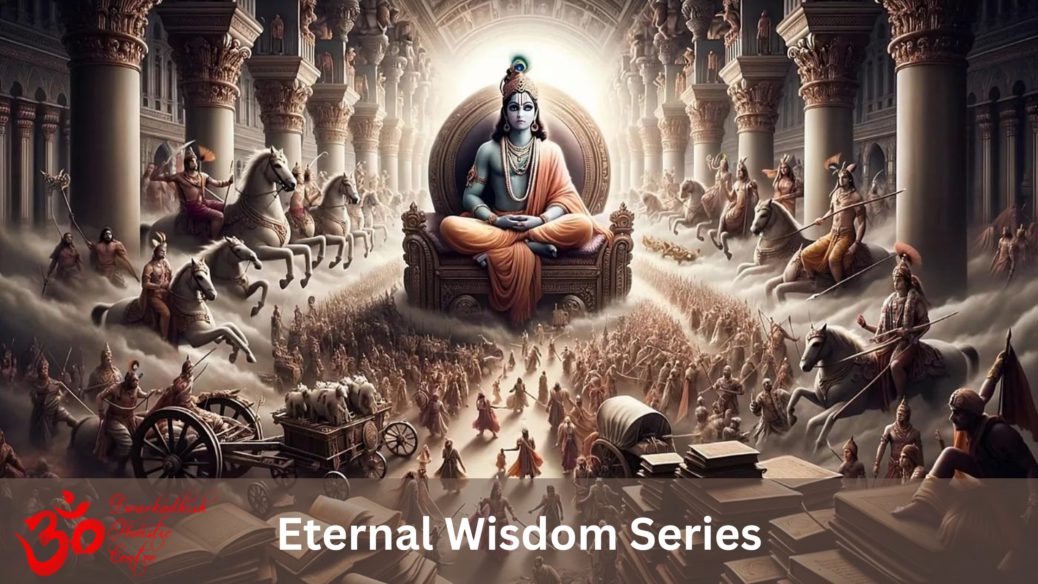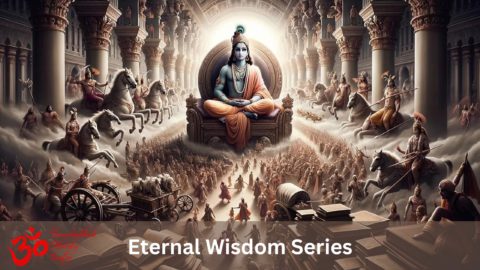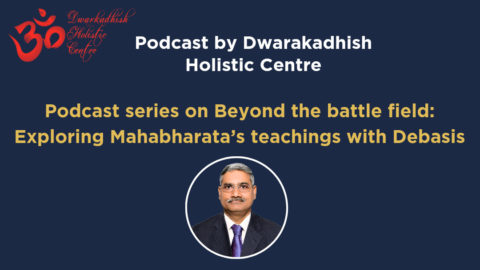Introduction
Welcome to our podcast! Today, we are honoured to have Ankur Joshi, Assistant Professor and MBA Coordinator at FMS-WISDOM, Banasthali Vidyapith, as our guest. Ankur Joshi is not only an accomplished academic but also a Fellow of MDI-Gurugram in Public Policy and Governance. His doctoral research focused on the Gurukul education system, highlighting his deep understanding of Bharatiya cultural wisdom. Additionally, Ankur Joshi serves as a Visiting Faculty at Vrije University in the Netherlands, further expanding his international influence and expertise.
An innovative and creative researcher in the domain of Public Policy, Governance and Management with insights from Bharatiya culture and ethos. He has developed content and is involved in training for Integrative Spiritual Care course under leadership of Prof. Sharda Nandram, at Vrije University, Netherlands. He has developed online modules, conducted various training sessions for teachers, civil servants and students.
He is an editor for OMRISE Magazine and acts as reviewer for a few academic journals. He has published about 25 papers and book chapters.
His various Courses Reforms in Management Education: Based on ideas from content and pedagogy of Gurukul, he has developed the concept of Shastriya Prabandhan for –
- Reforming Management Education in Bharat by making it suitable to the culture and context.
- Conducted Faculty Development Programs, Workshops, Orientation sessions, Guest lectures, and Research and Consultancy.
We are thrilled to have Ankur Joshi share his valuable insights with us today.
Topics Covered:
- Can you tell us about your research on the Gurukul education system and how it has influenced your perspective on improving the quality of education?
- How has your work as an Assistant Professor and MBA Coordinator at FMS-WISDOM, Banasthali Vidyapith, contributed to your understanding of public policy, governance, and management in the context of Indian culture and ethos?
- Could you share some insights on the innovative and creative solutions you have developed based on indigenous knowledge traditions for contemporary application in the field of public policy and governance?





